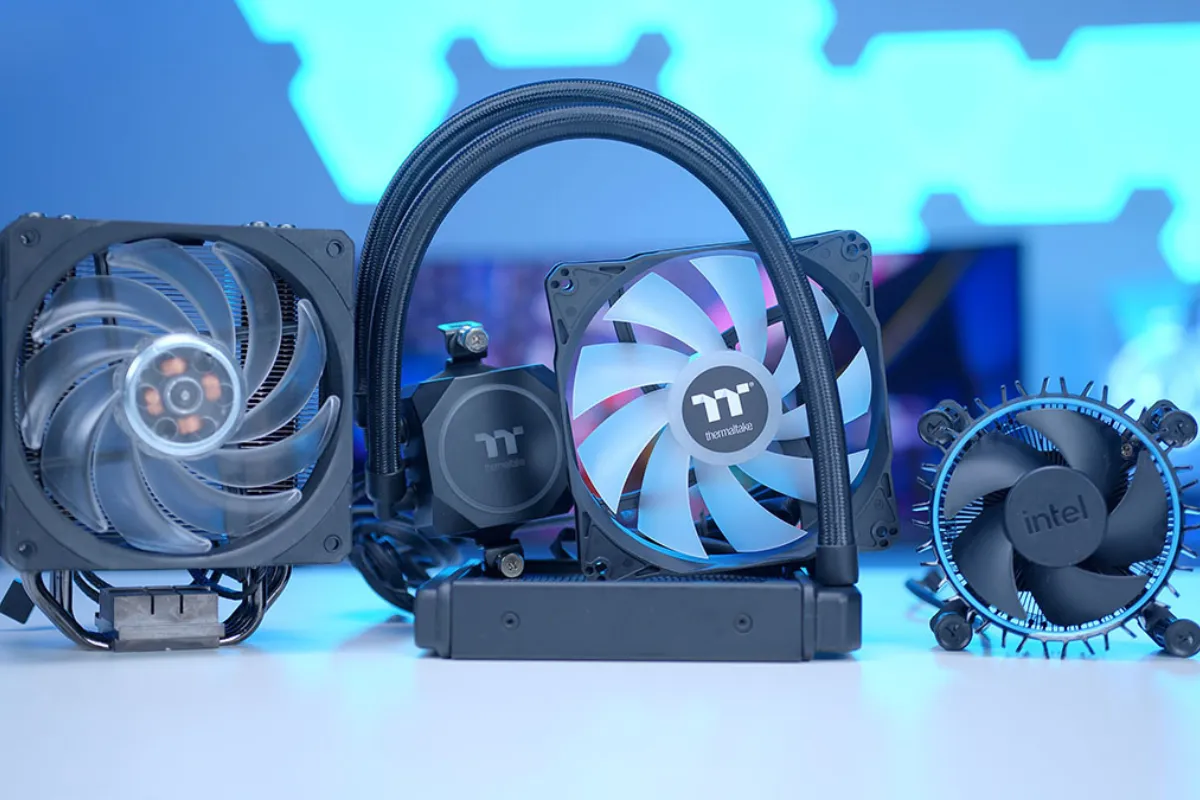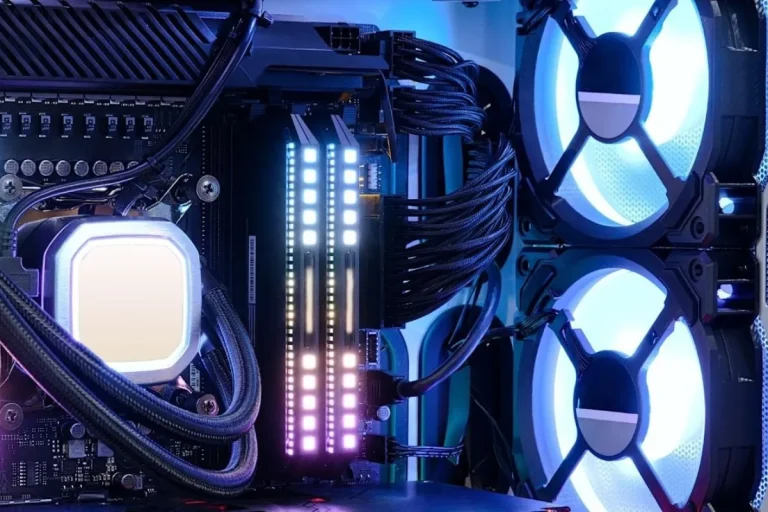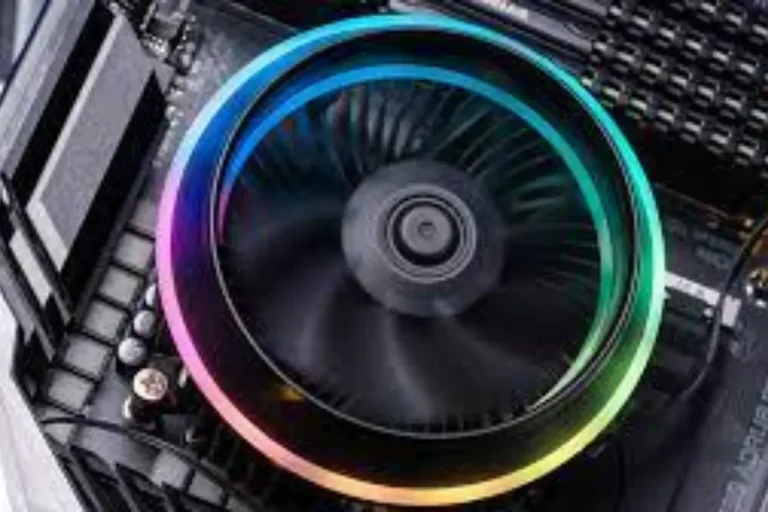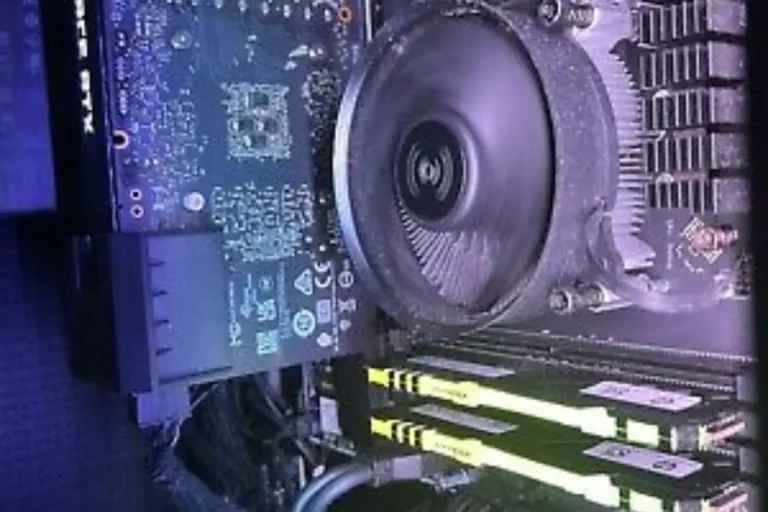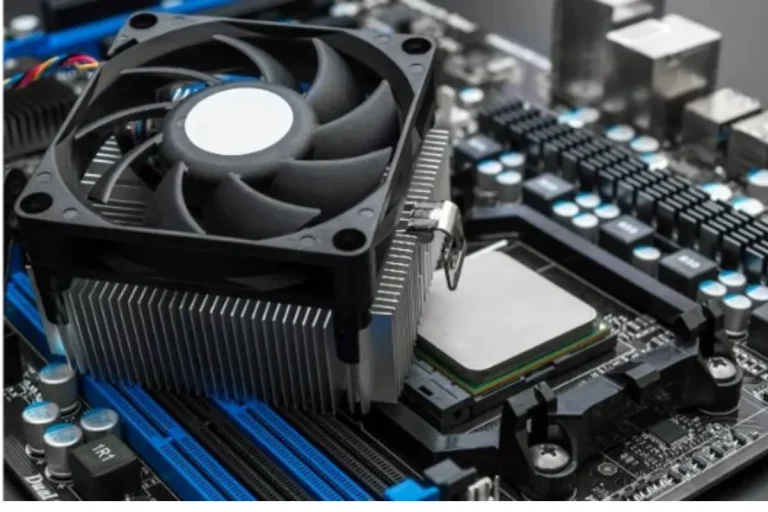Is the stock cooler good enough for gaming?
Is the stock cooler good enough for your gaming needs? Let’s dive into the world of cooling systems and find out! Whether you’re a casual gamer or an avid enthusiast, understanding the effectiveness of stock coolers is crucial. In this blog post, we’ll explore the pros and cons, consider alternative options, and provide practical tips to optimize your gaming experience.
Factors to Consider
When it comes to determining whether a stock cooler is sufficient for your gaming needs, several factors come into play. Understanding these factors will help you make an informed decision and ensure optimal performance.
CPU Power and Thermal Requirements
The first factor to consider is your CPU’s power and thermal requirements. Different processors have varying levels of heat generation, and some may require more efficient cooling solutions. Check the specifications of your CPU to understand its thermal design power (TDP) and ensure that the stock cooler can handle it.
Gaming Intensity and Duration
Consider how intense and long your gaming sessions typically are. If you engage in resource-intensive games or marathon gaming sessions, your CPU is likely to generate more heat. In such cases, a more robust cooling solution might be necessary to prevent overheating and maintain optimal performance.
Ambient Temperature and Airflow within the PC Case
The ambient temperature of your gaming environment plays a significant role in cooling efficiency. If you live in a hot climate or keep your PC in a poorly ventilated area, the stock cooler may struggle to dissipate heat effectively.
Additionally, the airflow within your PC case affects cooling performance. Proper cable management and strategically placed case fans can improve airflow and enhance cooling.
Alternative Cooling Solutions for Gamers
When it comes to cooling your gaming PC, stock coolers are not the only option available. In this section, we will explore alternative cooling solutions that can potentially offer better performance and efficiency.
Introduction to Aftermarket Cooling Options
Aftermarket cooling options provide alternatives to stock coolers and often offer better cooling capabilities. Two popular options are air coolers and liquid coolers. Air coolers use fans and heatsinks to dissipate heat, while liquid coolers utilize liquid coolants to transfer heat away from the CPU.
Comparison of Performance, Noise Levels, and Costs
When choosing an alternative cooling solution, it’s essential to consider performance, noise levels, and costs. Air coolers generally provide excellent cooling performance at a lower price point, but they can be bulkier and noisier compared to liquid coolers.
On the other hand, liquid coolers offer quieter operation and better aesthetics, but they can be more expensive.
Tips to Optimize Stock Cooler Performance
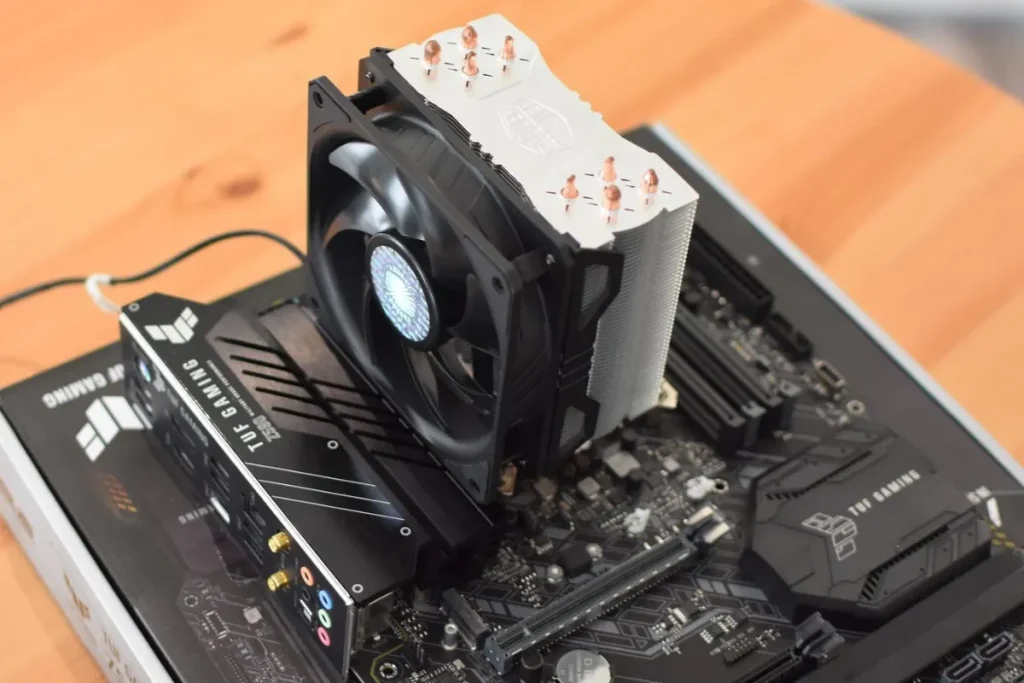
Even if you decide to stick with the stock cooler, there are several ways to enhance its performance and ensure efficient cooling for your gaming PC. In this section, we will share some valuable tips to help you optimize the performance of your stock cooler.
Ensuring Proper Installation and Thermal Paste Application
Proper installation of the stock cooler is crucial for optimal cooling. Ensure that it is securely mounted on the CPU with even pressure. Additionally, applying an adequate amount of thermal paste between the CPU and the cooler helps to improve heat transfer.
Follow the manufacturer’s instructions to ensure correct installation and thermal paste application.
Managing Fan Speeds and Airflow within the PC Case
Monitoring and managing fan speeds can significantly impact cooling performance. Set the fan speeds to an optimal level to maintain a balance between cooling efficiency and noise levels.
Additionally, ensure proper airflow within your PC case by organizing cables, removing any obstructions, and strategically placing case fans to promote better heat dissipation.
Regularly Cleaning and Maintaining the Stock Cooler
Dust accumulation can hinder the cooling performance of your stock cooler. Regularly clean the cooler and surrounding areas to prevent dust buildup. Use compressed air or a soft brush to remove dust from the heatsink and fan blades.
This simple maintenance routine can go a long way in keeping your stock cooler and functioning optimally.
Frequently Asked Questions
1. Are there any benchmark results available that compare the performance of stock coolers to aftermarket alternatives?
Yes, benchmark results are available that compare the cooling performance of stock coolers to various aftermarket alternatives. These tests provide valuable insights into the temperature differences and cooling capabilities of different cooling solutions.
2. Can you provide specific case studies where gamers share their experiences with stock coolers in different gaming scenarios?
Yes, there are case studies available where gamers share their experiences with stock coolers in various gaming scenarios. These case studies highlight the real-world performance of stock coolers and provide insights into their effectiveness in different gaming environments.
3. How do aftermarket coolers perform compared to stock coolers in terms of temperature reduction?
Aftermarket coolers generally offer better temperature reduction compared to stock coolers. They are designed with larger heatsinks, more efficient fans, and sometimes liquid cooling systems, allowing for better heat dissipation and lower CPU temperatures during intense gaming sessions.
4. Are there any downsides to using stock coolers based on the case studies and real-world performance tests?
Based on case studies and real-world performance tests, stock coolers may have limitations in terms of cooling efficiency and noise levels. Under heavy loads, stock coolers may struggle to maintain optimal CPU temperatures, leading to potential throttling and reduced performance.
5. Do the case studies and benchmark results indicate a significant difference in performance between air coolers and liquid coolers?
The case studies and benchmark results show that both air coolers and liquid coolers can provide improved cooling performance compared to stock coolers.
Conclusion
In conclusion, the stock cooler can be a decent option for casual gaming, but it may not be sufficient for demanding gaming scenarios. While it can handle everyday tasks, upgrading to an aftermarket cooler can provide better cooling performance, lower temperatures, and an improved overall gaming experience. Don’t let your CPU overheat when there are better options available.
